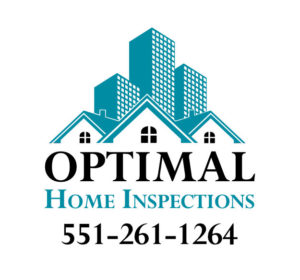Cities covered by Optimal Home inspections in Somerset County, New Jersey
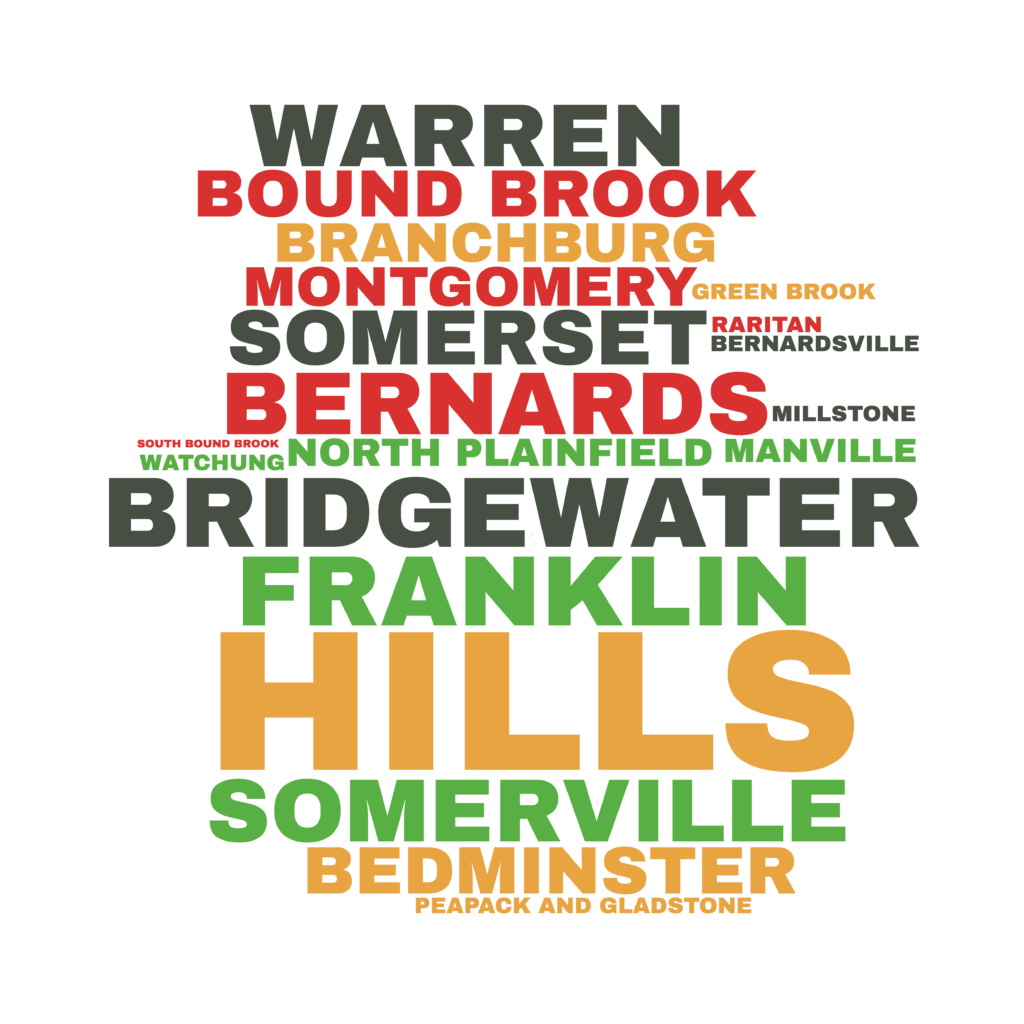
For a free consultation or quote, call or text (551) 261-1264
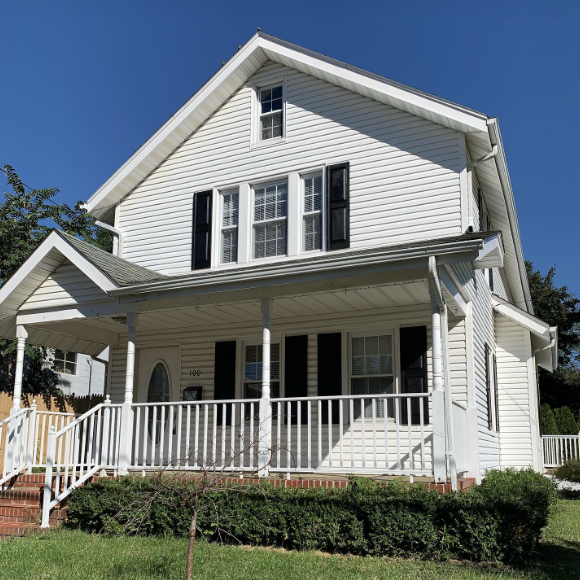
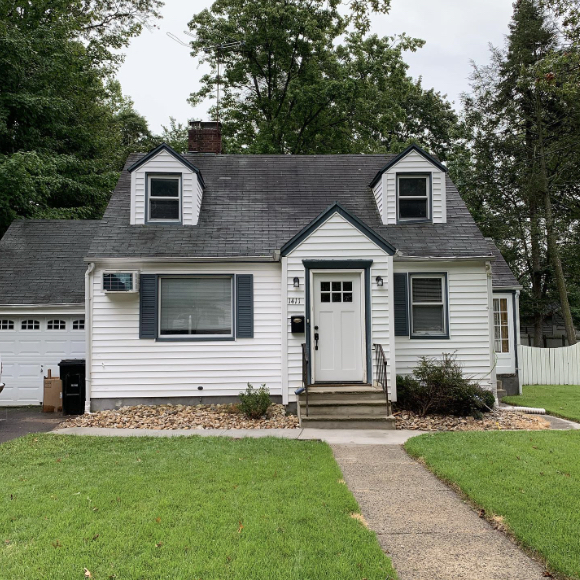
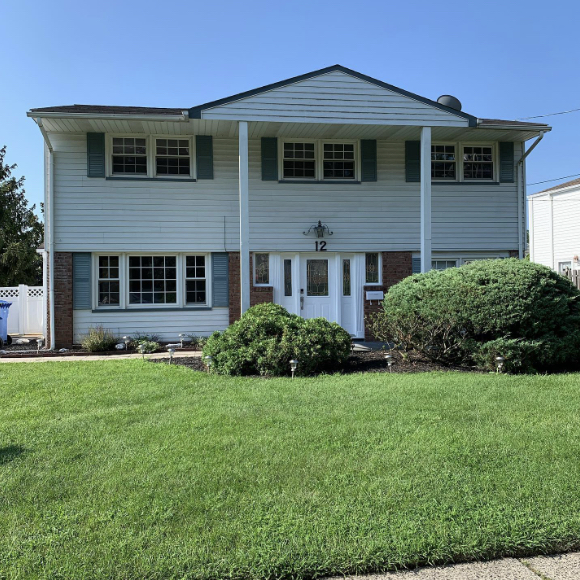
Boonton
Boonton [Twp]
Budd Lake
Butler
Chatham
Chatham
Chester
Chester [Twp]
Denville
Dover
East Hanover
Florham Park
Hanover
Harding
Jefferson
Kinnelon
Lake Telemark
Lincoln Park
Long Hill
Long Valley
Madison
Mendham
Mine Hill
Montville
Morris
Morris Plains
Morristown
Mountain Lakes
Mount Arlington
Mount Olive
Netcong
Parsippany-Troy Hills
Pequannock
Randolph
Riverdale
Rockaway
Rockaway [Twp]
Roxbury
Succasunna-Kenvil
Washington
Wharton
White Meadow Lake
What we inspect
INTERIOR ASSESSMENT – We inspect and report the structural condition of the walls, ceilings, floor, windows, doors, stairs, electrical outlets, trim, etc.
- WALLS, FLOORS, TRIM, AND CEILINGS – We carefully check for any signs of wear and tear, stains, or settling during the inspection. We pay special attention to the condition of the floors and whether or not they are level. Although some settling is common in older properties, severely uneven floors may indicate foundation or structural damage. If we observe any issues with the floor pitch, we will thoroughly evaluate the foundation and structure for any signs of damage or settling.
- WINDOWS AND DOORS – We will thoroughly examine the condition, functionality, and squareness of the doors and door hardware during our inspection. However, we place great importance on inspecting the windows, which are often a key home component. In older homes, the windows may be original and may require replacement due to wear and tear. This can be a costly process. Newer homes may have thermopane windows, which can also experience seal problems, leading to moisture buildup and fogging. As experienced professionals, we understand the significance of this issue and prioritize window inspection during our evaluation.
- ELECTRICAL OUTLETS – During the inspection of the rooms, we’ll check the grounding and functionality of some electrical outlets. We’ll also look out for any excessive use of extension cords, as it can lead to hazardous conditions and is one of the primary causes of electrical fires.
- HEAT SUPPLY – It may come as a surprise, but home inspectors often find that certain rooms lack proper heating. This could be due to various reasons, such as the removal of radiators, closure of heat registers or removal of baseboards. We conduct a thorough examination of each room to ensure adequate heat supply.
- STAIRS – During our home inspection, we will thoroughly examine all the stairs in the house for safety, function, and condition. This will include inspecting the steps for any damage, unevenness, or misalignment and checking the handrails for any signs of wear and tear. If any handrails are missing or damaged, we will note this in our report as it poses a serious safety hazard. We understand the importance of ensuring that stairs are safe and secure and take this responsibility very seriously.
KITCHEN – We will give the kitchen and its appliances a thorough inspection. Every aspect of the room will be carefully examined, from the cabinet doors and drawers to the countertops, sink, plumbing, stove, oven, vents, and fan. We’ll also check the floor covering, walls, and trim. As a courtesy, we will test any appliances the client plans to purchase from the seller, such as the dishwasher, garbage compactor, refrigerator, disposal unit, and microwave oven.
BATHROOMS – Due to the high bathroom water usage, they will be given special attention during the inspection process. The Home Inspector will carefully evaluate sinks, bathtubs, toilets, and showers. The floors and walls will be thoroughly inspected for any signs of water damage. Additionally, the bathroom vents, plumbing, and electrical outlets will be inspected, focusing on testing the grounding and functionality of the electrical outlets, especially if they are GFCI types.
PLUMBING ASSESSMENT – During your inspection, we will thoroughly examine all visible plumbing systems, including supply and waste systems. This includes assessing the overall condition of water feed lines, waste pipes, and vent stacks. We know about modern and older plumbing systems found in New Jersey. Given that plumbing repairs can be quite costly, our Inspector will conduct a thorough examination of each and every system. We will also inspect and show the client the main water supply line and shut-off valve so they know where to turn off the water in case of an emergency. Our inspection also encompasses the laundry area, including the washer and dryer connections, and all fixtures throughout the house will be thoroughly inspected and tested.
HEATING SYSTEM – During your home inspection, our inspector will provide a detailed description of the heating system, including its general condition and the approximate age of the furnace. They will also inspect the furnace by removing its front covers and checking for rust, flame-burning appearance, and the filter’s condition. We also ensure proper heat in every room and provide a courtesy inspection of the heating pipes for asbestos if the heating system has a steam boiler.
ELECTRICAL SYSTEM – During the electrical inspection, we thoroughly examine and assess various components in the system to ensure its overall safety. This includes evaluating the size and type of entrance, as well as the condition of the wiring. Additionally, our Home Inspector will inspect the electrical panel and check for aluminum distribution wiring, as well as assess the condition of the breakers or fuses. We will also examine the amps if the box has a main breaker and verify the proper grounding of the system. Please note that this is only a partial list of the items we inspect and evaluate during the process to ensure that your electrical system is functioning properly.
AIR CONDITIONING – A central air conditioning unit can only be tested when the outdoor temperature is above 65° to prevent damaging the system, according to the manufacturer’s instructions. Therefore, it is not possible for a home inspector to conduct a test on the unit during cold weather. However, if the inspection can be carried out, our Home Inspector will utilize advanced equipment, such as a laser thermometer, to measure the temperature of the supply and return duct air. These readings will help the inspector evaluate the performance and condition of the unit. Our Home Inspector will thoroughly inspect the AC system, including the compressor/evaporator, to determine any signs of rust or physical damage and assess the unit’s positioning. Additionally, the service lines will be checked to ensure that they are insulated, functional, and operating within the accepted temperature range for maximum efficiency.
BASEMENTS AND CRAWL SPACE INSPECTIONS – The basement and crawl space are areas of particular concern because they can be the source of major problems, especially in relation to the foundation, floor joists, sill plates, and other related wooden structures. Our Home Inspector will pay close attention to the foundation walls and slab, looking for any signs of damage and water penetration. Additionally, our inspector will check the support columns, interior chimney, plumbing, electrical, heating, sump pumps, laundry, entrance doors, stairs, and for any signs of termites, wood rot, or “do it yourself” projects.
ATTIC – The attic is a crucial area that requires special attention during a home inspection. Our Home Inspector will thoroughly inspect the overall structure while looking for roof leaks or signs of moisture. If any leaks or moisture are discovered, our inspector will search for mold-like substances. Even though mold is not included in the standard inspection, our inspector will still include it in the report as a courtesy if discovered. Additionally, our inspector will recommend hiring a mold expert to determine the type and extent of the mold. Some of the attic components that our inspector will inspect include the condition of the roof structure, including bracing and sheathing. If the roof structure has truss-style support, our inspector will verify that none of the trusses have been cut to allow for floored storage. We have seen homeowners cut these trusses for more attic storage areas without realizing the structural importance of the cut truss supports. Our inspector will also inspect for adequate ventilation and insulation in the attic.
SKYLIGHTS – It’s known that 90% of skylight leaks occur due to faulty flashing around the skylight. Our Home Inspector is well-versed in this issue and understands that the flashing is a crucial metal piece that sits against the skylight opening and diverts rainwater. Proper maintenance is imperative for skylights, and we recommend checking and evaluating the flashings every two years. Sometimes, leaks can go unnoticed for years until the drywall shows signs of damage, such as buckling or staining. Home Inspectors are well aware of the potential issues that can arise from neglected skylights. To ensure a well-maintained skylight, we suggest inspecting the flashings, checking for condensation and cracks in the glass, examining the ceiling for stains, and checking for any damage or wood rot surrounding the skylight.
GARAGE – Our home inspector will thoroughly examine your garage, paying close attention to the structure, roof, electrical system, windows, and doors. The vehicle door is particularly important, which will undergo a series of tests and inspections. Our inspector will assess the door’s condition and ensure the garage door opener is functioning properly. They will also evaluate the door’s opening and closing function and perform a safety test. If your door has an automatic opener, our inspector will test it to ensure it reverses automatically when obstructed or when the electric eyes are blocked. This test is especially crucial if there are young children in the household who could potentially get caught under the door. Rest assured that our thorough inspection will help keep your family safe and secure.
WATER PENETRATION- – A knowledgeable home inspector understands the detrimental effects of water and conducts thorough inspections to identify any signs of water infiltration. In some cases, the driveway’s slope may cause water to flow toward the garage, leading to potential water damage. If such an issue is detected, our inspector will suggest hiring a qualified drain contractor to assess the situation and determine whether a driveway drain is necessary to resolve the problem.
STRUCTURE – As part of the inspection process, our Optimal Home Inspector conducts a comprehensive evaluation of the structural elements of the house. This covers everything from the basement and attic rafters to the floor joists, walls, ceilings, and floors. The assessment also includes the exterior walls and roof to ensure structural integrity. Essentially, the entire house undergoes a thorough examination for its soundness and structure.
ROOF INSPECTION – Our Home Inspector is highly skilled and will provide you with a detailed report on the roof’s condition. This report will include information on the slope and number of shingle layers, as well as the shingle type and their estimated age. Our inspector will also thoroughly evaluate the roof flashings, plumbing vents, and chimneys. The settlement of the roof structure is also carefully examined, especially for older properties. If any low areas are detected, our inspector will investigate further to determine if any rafter problems or sheeting wood rot need to be addressed. As a buyer, you can be confident in our Home Inspector’s expertise.
RAIN GUTTERS AND DOWNSPOUTS – As a homeowner, water can be a major issue. Effective rain gutters and downspouts are crucial to prevent water damage. In fact, more than half of all basement water issues stem from poor water direction caused by faulty downspouts. This can lead to wood rot, termite infestations, and costly repairs if not addressed. Our home inspector emphasizes inspecting the rain gutters and downspouts to ensure proper water control.
SITE AND DRAINAGE – When inspecting your home, it’s important to evaluate the slope of the ground to determine the drainage direction. If rainwater is draining toward the house instead of away from it, it can cause serious water damage. The discharge area of the water gutter downspouts is crucial in preventing this damage. The amount of rainwater coming off the roof can be substantial, so it must be discharged away from the foundation. If the water is discharged alongside the foundation, it can eventually cause damage and migrate into the basement. Optimal Home Inspectors know this potential issue and will carefully inspect this area during your home inspection.
EXTERIOR ASSESSMENT – As a New Jersey Home Inspector, we thoroughly examine and evaluate the exterior building materials and related structures. We carefully inspect the siding, paint, trim, decks, patios, sidewalks, outside electric lines, doors, windows, and even the surrounding vegetation and trees that could potentially cause damage to the property. This is crucial in NJ due to the harsh weather conditions. Our detailed reports provide valuable information on the overall structure and condition of the property.
- SIDEWALKS – Sidewalk repairs can be very expensive. Our Home Inspector estimates that the replacement cost is approximately $500 per slab in New Jersey. Sidewalks will be inspected for condition, major cracks and deterioration, inspection for poor drainage, and raised areas that might be considered a trip hazard, especially slabs that are next to trees. It is not uncommon for large tree roots to lift a concrete slab as much as eight inches.
- POWER LINES – The main electrical power line will be inspected for condition and whether or not the line is touching any trees. Questions that will be answered are:
- Is the line a safe height above the grounds and driveway?
- Are there any improper splices on the line?
- Does the line have a proper drip loop to prevent water from entering the main line or panel box?
- DOORS AND WINDOWS – The interior and exterior of all doors and windows will be thoroughly examined during the inspection. In particular, the exterior doors will be inspected carefully to assess their condition, weather strips, hardware, water damage, door jams, and saddle. Our experienced Home Inspector understands the harsh weather conditions that can affect doors and windows in New Jersey and will pay special attention to this area to ensure your safety and satisfaction.
- ENTRANCE STEPS -One of a house’s most commonly overlooked areas for maintenance is the entrance steps and porches. According to our Home Inspector, around 50% of all homes in New Jersey have some damage to these areas. Evaluating these areas involves a lengthy checklist of home inspection items, including the structure, safety, condition, railings, steps, footings, concrete areas, earth-to-wood contact, inspection for evidence of poor drainage, and the direction of downspout water discharge, as it could be close to the entrance steps or porch. It is also important to determine if the steps and porch have settled away from the house and if the exterior door opens over a proper side landing. It is worth noting that an unsafe condition occurs when the door opens over steps.
- VEGETATION AND TREES – If trees and vegetation are planted too close to a dwelling, it can lead to various issues such as carpenter ants being attracted to plants or trees touching the house or roof, damage to foundations due to trees being planted too close, visible earth to wood contact, overgrown landscaping, and signs of poor drainage with erosion.

